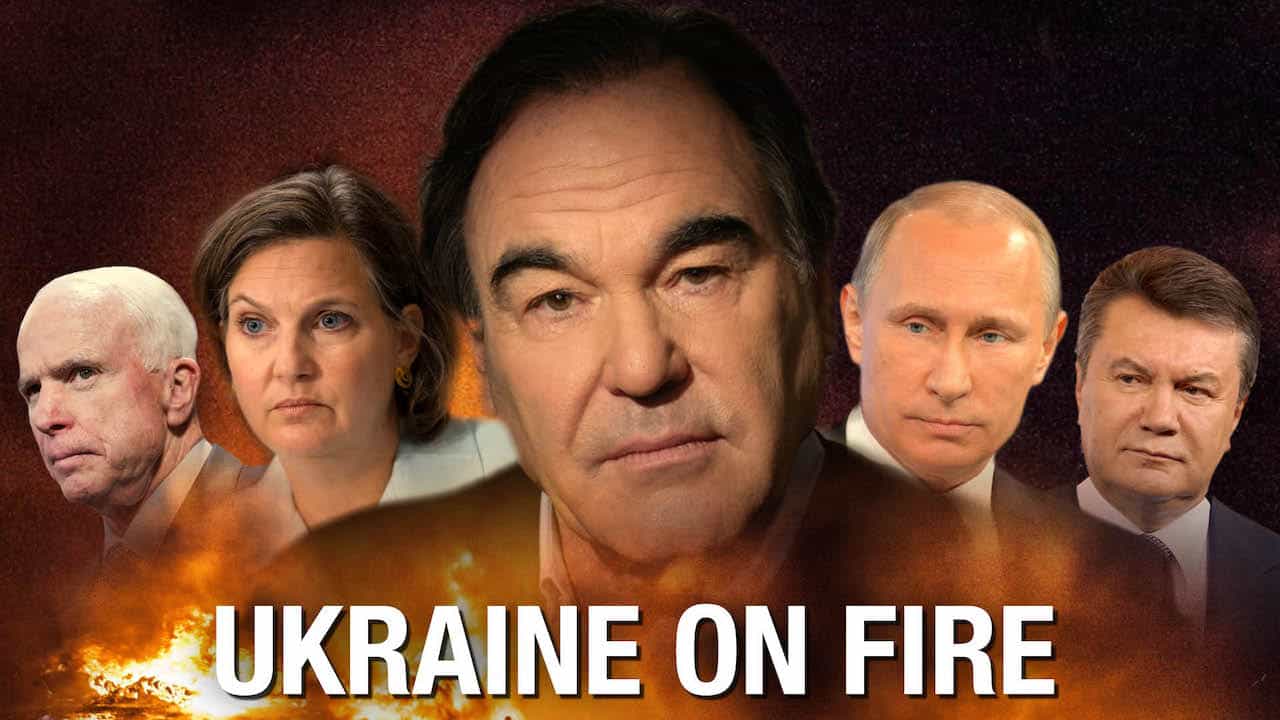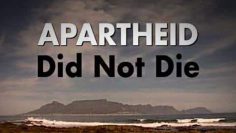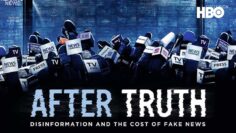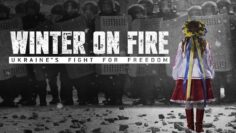Ukraine on Fire
Ukraine on Fire presents a controversial perspective on the 2014 Ukrainian revolution and its aftermath. Directed by Igor Lopatonok and executive produced by Oliver Stone, it offers a narrative that challenges the mainstream Western view of the events that unfolded in Ukraine.
The documentary begins by tracing Ukraine’s complex history, touching on significant periods such as the Cossack Hetmanate, World War I, and the Soviet era. It pays particular attention to Ukraine’s role during World War II, highlighting instances of Ukrainian collaboration with Nazi Germany and the atrocities committed against Jews and Poles. This historical context sets the stage for its central argument that Ukraine has long been a battleground for competing foreign interests.
Moving into the post-Soviet era, the film portrays Ukraine as a nation divided, with a small class of oligarchs amassing wealth and power while the majority of the population struggles with poverty. It presents the 2014 Maidan protests not as a grassroots movement for democracy and closer ties with Europe, but as a carefully orchestrated coup supported by the United States and far-right Ukrainian factions.
The documentary features interviews with key figures, including Russian President Vladimir Putin and former Ukrainian President Viktor Yanukovych. These conversations offer insights into their perspectives on the events leading up to the 2014 revolution, particularly regarding the proposed trade agreement with the European Union and the decision to pause negotiations.
The film discusses the role of far-right politics in Ukraine, focusing on organizations such as Svoboda, Tryzub, and Right Sector, suggesting that these groups played a crucial role in escalating the initially peaceful Maidan protests into violent confrontations. It argues that the United States, through various NGOs and direct political involvement, supported these radical elements to further its geopolitical interests in the region.
Ukraine on Fire also covers the aftermath of the 2014 revolution, including Russia’s annexation of Crimea and the outbreak of war in eastern Ukraine. It presents these events as consequences of what it describes as an unconstitutional overthrow of the Yanukovych government. It criticizes NATO’s eastward expansion and the imposition of sanctions against Russia, framing these actions as part of a broader Western strategy to isolate and weaken Russia.
Throughout, there is a strong emphasis on the historical ties between Ukraine and Russia, and the documentary argues that attempts to sever these connections are detrimental to both nations. It challenges the notion of Ukraine as a unified country, instead portraying it as a nation with deep cultural and political divisions.










